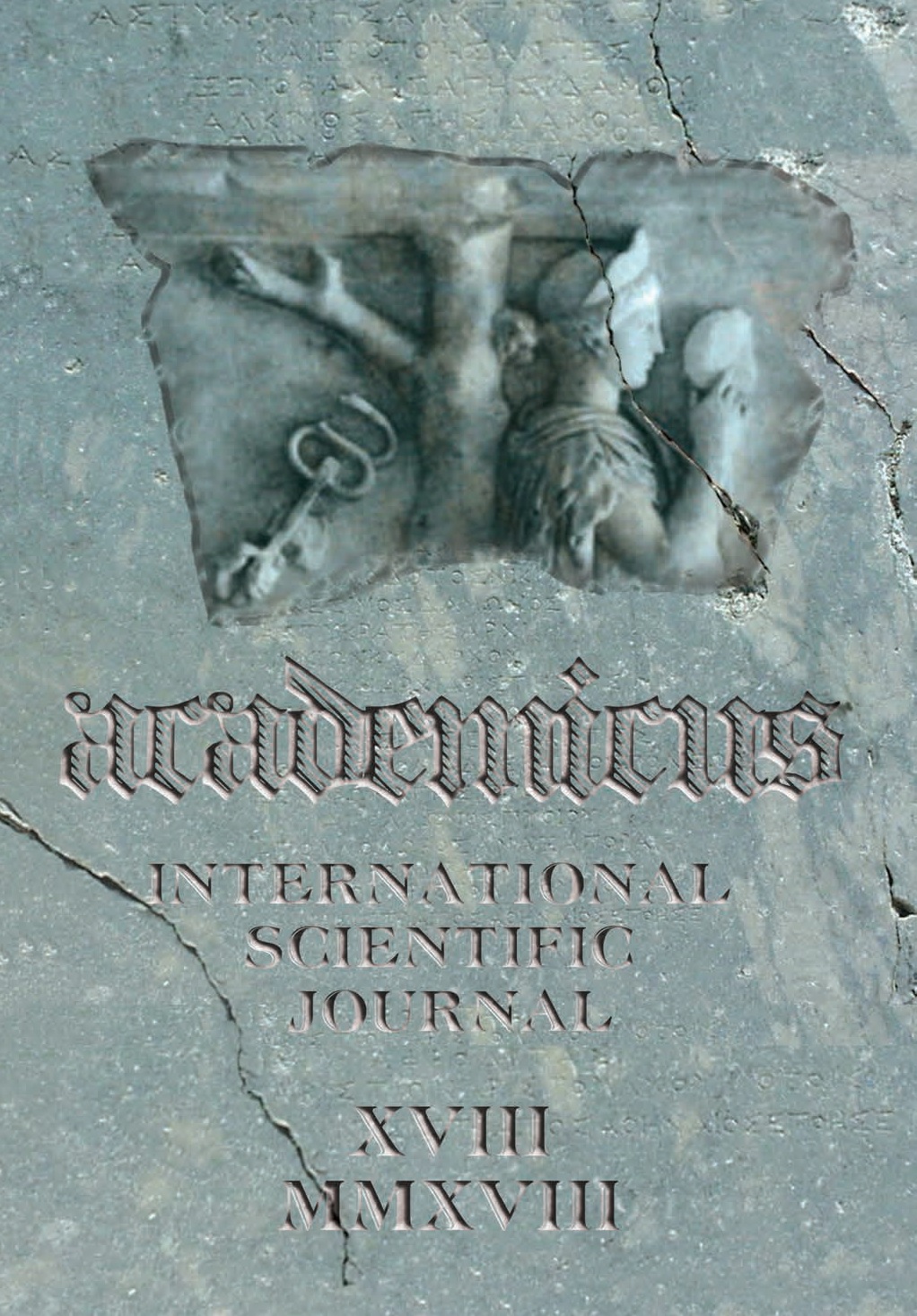Anglophone and Civilian Legal Cultures: Two understandings of human trust for the global age
Anglophone and Civilian Legal Cultures: Two understandings of human trust for the global age
Author(s): Joseph GarskeSubject(s): Law, Constitution, Jurisprudence
Published by: Academicus
Keywords: anglophone; civilian; law; reason; faith; trust
Summary/Abstract: The principle of human trust works in both the Anglophone and Civilian legal cultures,but does so in two opposite ways. Although not explicitly stated in either legaltradition, the element of trust is of central importance in both. The two traditionsbegan in the medieval period, but in very different circumstances. They had entirelydifferent understandings of what law was and the purposes for which it worked.Their modern incarnations, together with implicit attitudes toward human trust, tookshape during the seventeenth and eighteenth centuries--in ways that reinforced theiroriginal differences. Their contradictory ideas of trust derived from opposing conceptsof human nature: a Humanist confidence in the capacity of men as compared witha Calvinist belief in the depravity of men. Eighteenth century Continental juristsrejected religion as the educative basis of rule. Instead, they embraced an Optimisticphilosophic view of human nature, expressed in the Sensus Communis. During thesame period England retained a deeply established Puritan ethos. It separated Churchand State but, unlike the more secular Continent, it retained an amorphous religiosityas the legitimizing basis of its rule. In Continental legal culture, the ideological andeducative half of governance was emphasized. Public cultivation and learning, andthe faculty of human reason, were relied on as the ultimate basis of order. By contrast,Anglophone legality, resting on an assumption of human turpitude, promisedfreedom—but within enforced limits. Its hierarchical Rule of Law was founded on publicfaith in judicial authority. The project to construct a global law brings these traditionsinto confrontation. A resolution reached by them will determine the meaning andimportance of human trust in the global age.
Journal: Academicus International Scientific Journal
- Issue Year: IX/2018
- Issue No: 18
- Page Range: 34-41
- Page Count: 8
- Language: English

